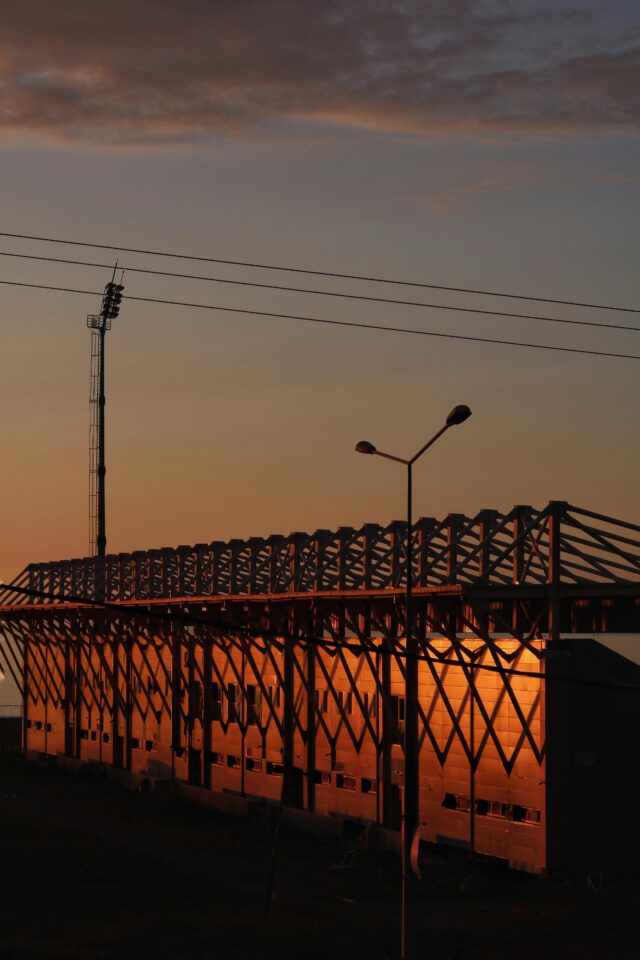Last Updated on March 20, 2024 by admin
When it comes to renting a home or apartment, one of the ongoing expenses that tenants often have to contend with is utility bills. From electricity and gas to water and heating, these costs can quickly add up. However, there are several ways renters can make their living space more energy-efficient and reduce their utility bills. In this article, we’ll explore some practical tips to help you save on energy costs while renting.
Start with the Right Apartment
Finding an energy-efficient apartment is the first step in reducing your utility bills. You can begin your search on platforms like apartments for rent near me to explore listings that may include energy-efficient features, such as updated insulation, energy-efficient appliances, and modern heating and cooling systems.
Conduct an Energy Audit
Once you’ve moved into your rental unit, consider conducting an energy audit. This involves identifying areas where energy may be wasted. Check for drafts around doors and windows, inspect the insulation, and look for any leaks in pipes or ductwork. Identifying and addressing these issues can help you maximize energy efficiency.
Use Energy-Efficient Lighting
Replace traditional incandescent bulbs with energy-efficient LED or CFL (compact fluorescent lamp) bulbs. These bulbs consume less electricity, last longer, and produce less heat, reducing your cooling costs in the summer months.
Manage Your Thermostat
Proper thermostat management can have a significant impact on your energy bills. During the winter, set your thermostat to a lower temperature when you’re not home or when you’re sleeping. In the summer, raise the thermostat a few degrees when you’re away. Consider using a programmable thermostat to automate temperature adjustments.
Seal Leaks and Gaps
Drafts around windows and doors can result in energy loss and higher heating or cooling bills. Use weatherstripping and caulk to seal gaps and cracks around windows and doors. Additionally, consider adding door sweeps to the bottom of exterior doors to prevent drafts.
Maintain Your Appliances
If your rental unit includes appliances, make sure they are well-maintained. Clean the lint filter in your dryer regularly, clean the coils on your refrigerator, and check for leaks in your dishwasher. Proper maintenance can ensure that appliances run efficiently and consume less energy.
Unplug Electronics
Many electronic devices continue to consume energy even when they are turned off or in standby mode. Unplug devices or use smart power strips that cut off power to devices when they are not in use to reduce “phantom” energy consumption.
Be Mindful of Water Usage
Water heating can be a significant contributor to utility bills. Consider taking shorter showers, fixing any leaks in faucets or pipes promptly, and using low-flow showerheads and faucets to reduce hot water consumption.
Use Energy-Efficient Window Coverings
Invest in energy-efficient window coverings such as curtains or blinds that can help regulate the temperature in your home. In the winter, keep curtains closed at night to trap heat, and in the summer, use light-colored curtains to reflect sunlight.
Communicate with Your Landlord
If you notice any energy-related issues in your rental unit, don’t hesitate to communicate with your landlord. They may be willing to make improvements, such as upgrading insulation or installing energy-efficient windows, that can benefit both you and the property.
Consider Energy-Efficient Upgrades
Depending on your lease agreement and your landlord’s willingness, you may want to consider energy-efficient upgrades. This could include installing a programmable thermostat, adding more insulation, or replacing old, inefficient appliances with Energy Star-rated models. Discuss these possibilities with your landlord and determine if there are any cost-sharing arrangements that can be made.
Follow Local Energy-Saving Programs
Check if your local utility company offers energy-saving programs or incentives for renters. Some utility companies provide rebates or discounts for energy-efficient upgrades or appliances. Take advantage of these programs to reduce your upfront costs and save on energy bills over time.
Conclusion
Renting a home or apartment doesn’t mean you have to accept high utility bills. By following these tips for energy efficiency, you can lower your energy consumption, reduce your environmental footprint, and save money on utility bills. Remember that small changes can add up to significant savings over time, making your rental experience more cost-effective and eco-friendly.







